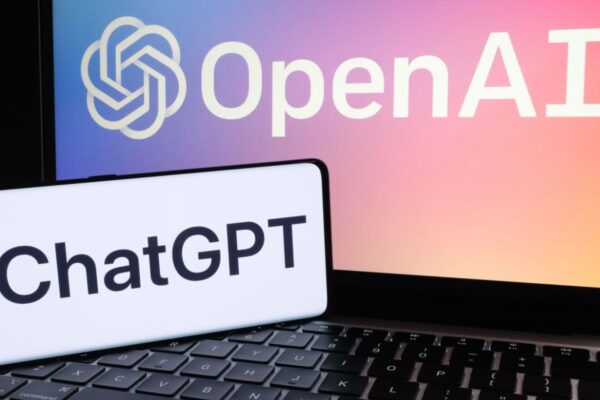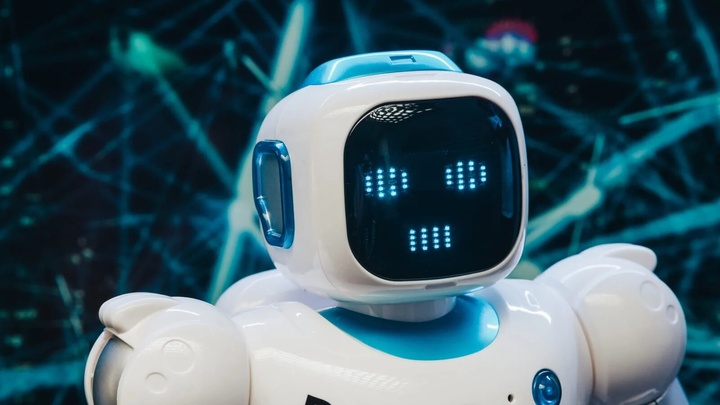Microsoft will ‘soon’ add ChatGPT to Azure cloud services
Microsoft said it will add OpenAI’s famous artificial intelligence bot, “ChatGPT”, to its Azure service based on the cloud soon, expanding on the two corporations’ ongoing relationship as Microsoft perceives a greater stake in OpenAI.

The tech giant declared the expansion of its Azure OpenAI service, which has been available to a select group of customers since its debut in 2021. According to a blog post, the service provides Microsoft cloud users with access to numerous OpenAI functions including the GPT-3.5 language system used for creating images from text prompts and the ChatGPT system based on the Dall-E model. This allows Azure clients to use OpenAI tools in their cloud-based applications.
According to people familiar with the company’s plans, Microsoft is in talks to spend over 10 billion USD on OpenAI. The offer calls for Redmond which is a Washington-based software company to spend the funds over many years, however, the final terms might get modified, the people said, declining to be identified because the matter is private.
According to people familiar with the talks, Semaphore revealed last week that the future investment might benefit OpenAI at about 29 billion USD. Microsoft and OpenAI officials have refused to speak at the talks.
Microsoft, which was previously an OpenAI partner, is now an OpenAI partner as a result of Alphabet Inc.’s $1 billion funding in 2019. Google wants to gain an advantage over Amazon.com Inc. as well as Meta Platforms Inc. by gaining access to the most prominent and developed AI system.
Ever since its release in late November, ChatGPT has illuminated the internet, amassing the first million active users in much less than a week. Its ability to imitate human conversation has fueled speculation that it could soon overtake professional writers as well as even endanger Google’s core search biz.
Elon Musk as well as Sam Altman, a Silicon Valley investor, co-founded the company, which tends to make revenue by charging developers to license its advanced technologies.
The latest technology arrives at the year-end filled with AI news. The firm’s Dull-e, which welcomes written prompts to synthesize art as well as other images, triggered a broader discussion about the integration of AI in the creative fields. OpenAI is already developing a GPT-4 successor model which will be used for natural language processing.
Even so, worries about its accuracy, which Altman himself has stated is not adequate to trust the bot, have given rise to remaining cautious around its premature use.

I am a student pursuing my bachelor’s in information technology. I have a interest in writing so, I am working a freelance content writer because I enjoy writing. I also write poetries. I believe in the quote by anne frank “paper has more patience than person


